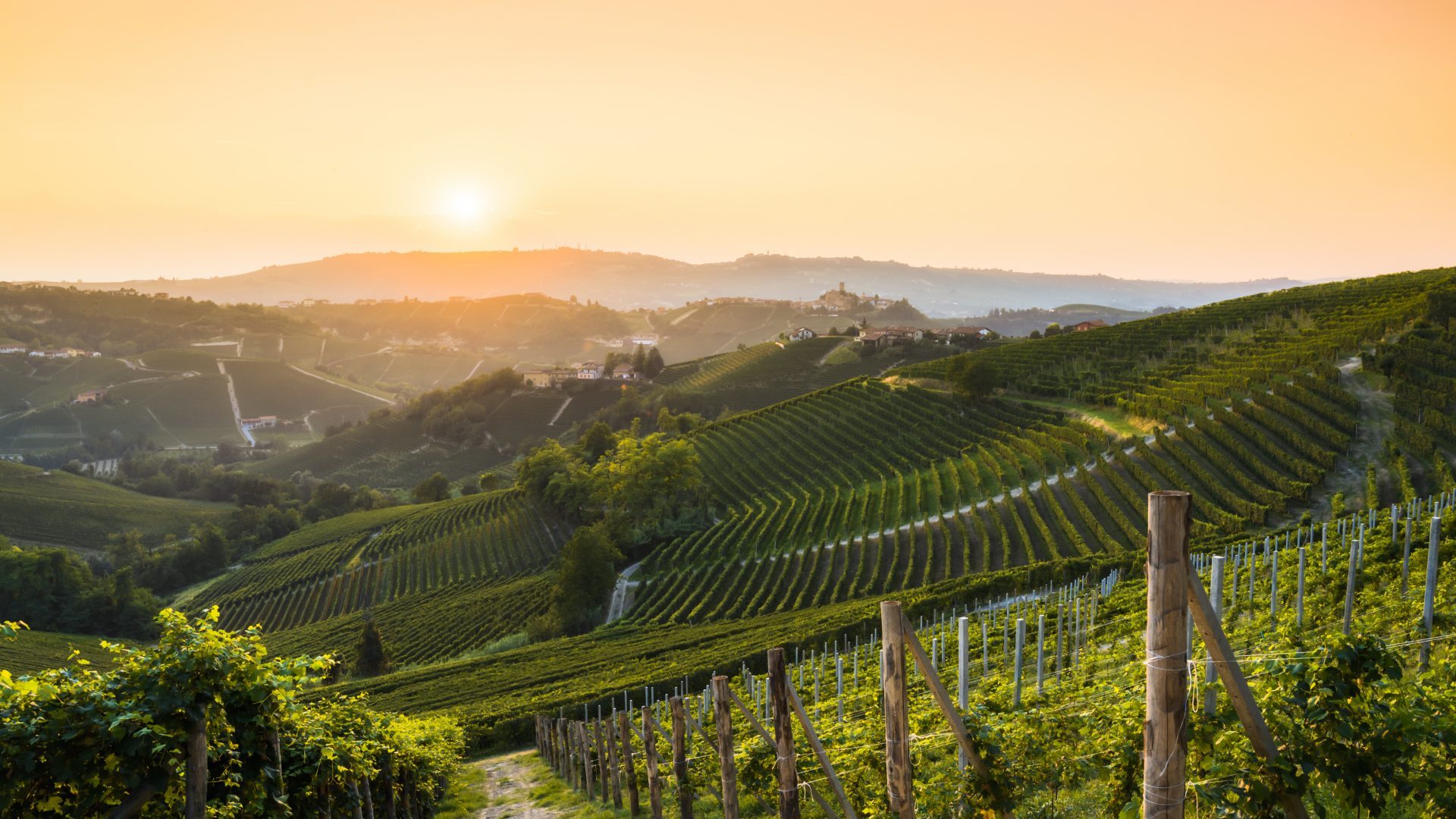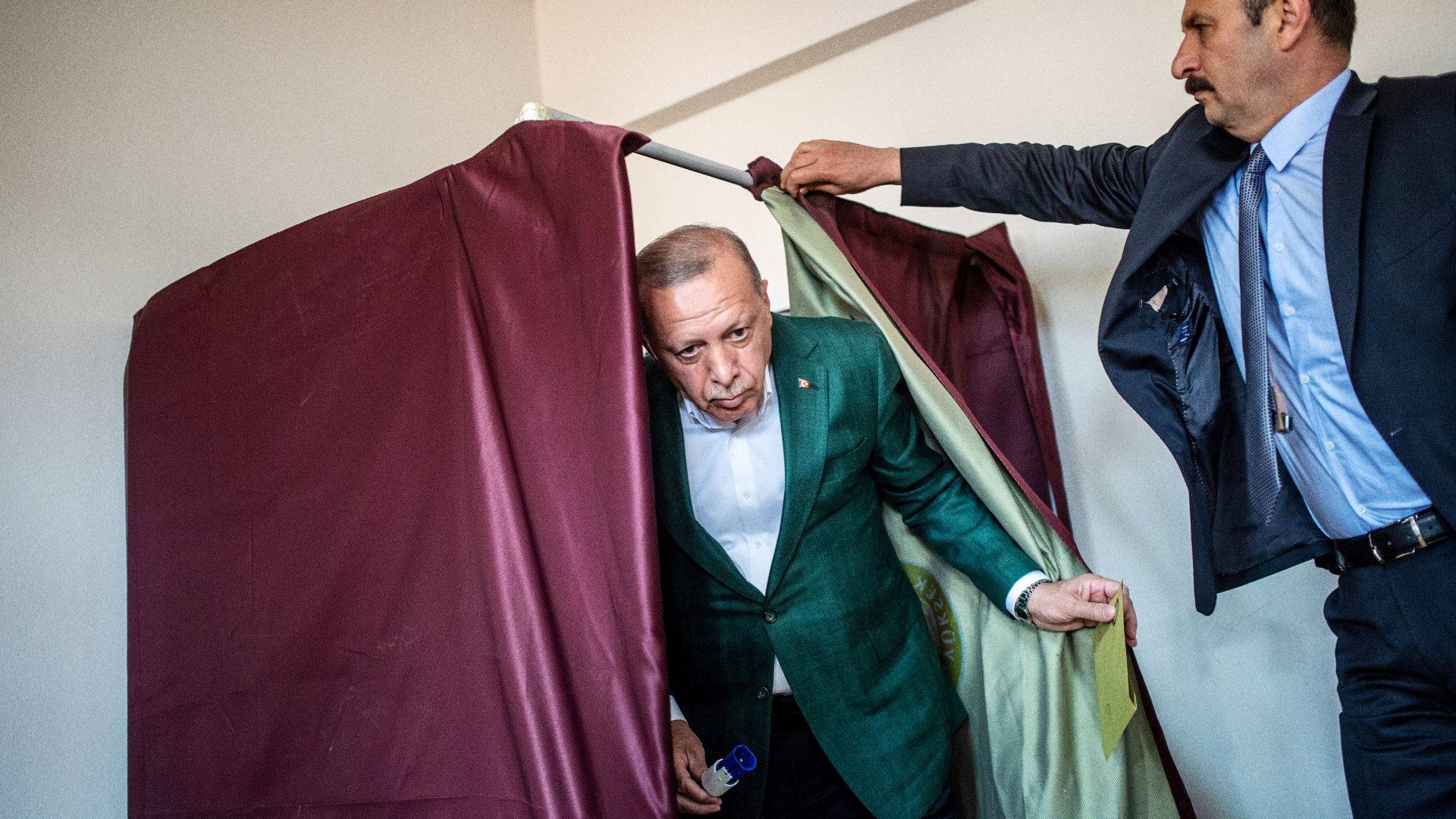I’ve always thought the Italian countryside was no place for the young. I was wrong.
I was at a food fair recently in a tiny village called Picinisco, gulping down lamb chops, when I bumped into a 23-year-old lad called Francesco. Sporting neatly-combed hair and a ponytail, he had just graduated from university in Milan. I asked if he was just here for the holidays.
“No,” he said. “I’ve ditched Milan to return to my grandparents’ old family house. I now run a farm. I hated the city chaos. I love working in the fields and waking up surrounded by mountains.”
It turns out he’s not alone. Millennials here are turning into farmers. And this is not out of need, or because they can’t find a job. It’s a choice.
I look around. I’m in this wild area south of Rome, called Ciociaria, dotted with ashrams and crumbling farmhouses. Families emigrated from here decades ago in search of a brighter future.
It was a humble, poor land of bandits, saints and pilgrims. Today, it’s mostly shepherds and all these new, young farmers – like Carolina, a millennial who ditched her job in Sweden to come home and open a honey farm.
She moved into an old stone mansion on an isolated mountain plateau overlooking a lake, did the place up, and is now living in something close to Arcadia, surrounded by pristine nature. One of her boys helps her to look after the bees.
Their “unplugged” house has no internet or mobile coverage. Carolina has to drive to a nearby village to make phone calls and read emails. That would be a killer for me. I ask, what on earth made you come back here, when so many Italian youth flee from the desolate countryside? The “calling of her ancestral land”, she says, and the lure of a simpler, slower-paced lifestyle. She wanted something more genuine, more real, and she seems to have got it. Her new life makes her happy, no matter how early in the morning she must wake to check in on her bees.
In southern Italy, I met other millennial farmers with university degrees. Dante breeds pigs in Abruzzo, Mauro makes savoury cheeses in Basilicata, Antonella looks after her family’s vineyards in Molise, while Giorgia tends to a herd of 20 sheep in Marche.
They all share the same passion for their job, and admit they’re lucky to work out in the open air. They don’t watch TV, not only because they’re too tired at the end of the day and just crash on their beds; they also don’t want to turn it on to listen to politicians talking about thin air.
They’re lucky, sure, but it takes courage to return to remote rural areas. Young Italians have always escaped from the countryside in search of better jobs elsewhere, cutting ties with their families and origins. That used to be admired as an act of sacrifice. Now that people are doing the opposite, it’s just as much of a risk.
I did a quick search on the internet and discovered that the pandemic had led to a 20% increase in the number of Italian farms run by millennials. The countryside is a far safer, and better, place to live and work than the cities. Two distant cousins of mine run a family farm in Piedmont, with 30 cows and huge fields of crops. They wake up at 4am and go to sleep at 10pm after they’ve mucked out the stables. Their motto? Better to drink fresh milk from the cow at breakfast than gulp down an espresso while suffering the rush-hour.




